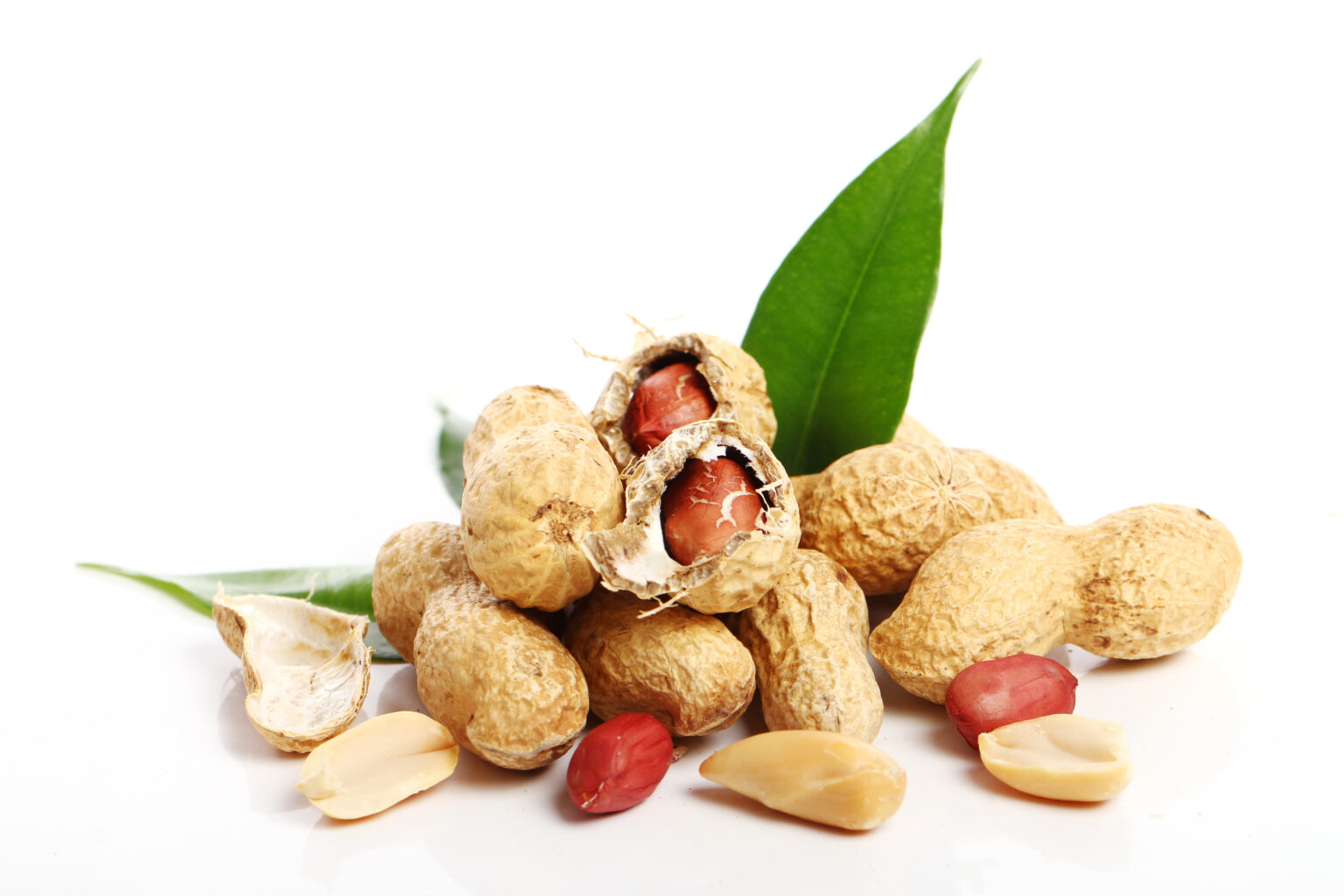Food allergies, including peanut allergies, can present significant challenges for athletes. The rigorous training schedules, intense physical exertion, and nutritional demands of sports require careful attention to diet and nutrition. However, with proper management and planning, athletes with peanut allergies can successfully navigate their dietary restrictions while maintaining optimal performance.
Understanding Peanut Allergies: Peanut allergies are among the most common food allergies, affecting millions of people worldwide. An allergic reaction to peanuts can range from mild symptoms like itching and hives to severe reactions, including anaphylaxis, which is a potentially life-threatening condition. Athletes must be particularly cautious as exposure to peanuts or peanut-derived products can occur both in their everyday meals and during sports events where food is often served.
Creating a Comprehensive Plan: To effectively manage peanut allergies while supporting athletic performance, athletes and their support team should develop a comprehensive plan. Here are some key considerations:
- Accurate Diagnosis: Ensure that the allergy diagnosis is accurate by consulting with an allergist or immunologist. This step is crucial to understanding the severity of the allergy and developing an appropriate management strategy.
- Nutritional Assessment: Work with a registered dietitian who specialises in sports nutrition and food allergies. They can help assess the athlete’s nutritional needs, identify alternative protein sources, and design a well-balanced meal plan that avoids peanuts.
- Ingredient Awareness: Develop a thorough understanding of food labels and ingredient lists. Peanut-derived products can appear under various names, such as groundnuts, arachis oil, or mandelonas. Athletes should be vigilant about checking labels for potential allergens and cross-contamination warnings.
- Meal Planning and Preparation: Plan meals and snacks in advance to ensure they meet nutritional requirements while avoiding peanuts. Athletes should consider cooking meals at home using fresh ingredients whenever possible, as this gives them better control over the food they consume.
- Communication and Advocacy: Athletes should inform their coaches, trainers, teammates, and any relevant personnel about their peanut allergy. It is crucial that everyone involved in the athlete’s training and competition understands the severity of the allergy and takes appropriate precautions to minimise the risk of exposure.
- Travel and Dining Out: When travelling or dining out, athletes should communicate their dietary restrictions to restaurants and hotels in advance. Researching safe dining options and carrying safe snacks can help prevent accidental exposure to peanuts.
- Emergency Preparedness: Despite taking precautions, accidental exposure to peanuts can still occur. Athletes and their support team should have an emergency action plan in place, including carrying an epinephrine auto-injector (such as an EpiPen) and knowing how to use it. Immediate medical attention is essential in case of anaphylaxis.
Finding Nutritional Alternatives: Peanuts are a good source of protein and healthy fats, which are essential for athletic performance. Athletes with peanut allergies must find suitable alternatives to ensure their nutritional needs are met. Here are some options:
- Alternative Protein Sources: Athletes can replace peanuts with other protein-rich foods such as lean meats, fish, poultry, eggs, dairy products, legumes (e.g., beans, lentils, chickpeas), and alternative nut or seed butters (e.g., almond, cashew, sunflower seed).
- Omega-3 Fatty Acids: Since peanuts are a source of omega-6 fatty acids, athletes may need to increase their intake of omega-3 fatty acids. Fish, chia seeds, flaxseeds, and walnuts are excellent sources of omega-3s.
- Nutrient-Dense Foods: To ensure adequate nutrient intake, athletes should focus on consuming a variety of fruits, vegetables, whole grains, and other nutrient-dense foods. This will help maintain overall health and support athletic performance.
- Supplements: Athletes may consider working with a registered dietitian or sports nutritionist to determine if any supplements, such as omega-3 capsules or multivitamins, are necessary to bridge any nutritional gaps caused by the dietary restrictions.
Managing peanut allergies while participating in sports requires careful planning, communication, and attention to detail. Athletes must work closely with healthcare professionals, registered dietitians, and their support team to create a comprehensive plan that ensures their dietary needs are met while minimising the risk of exposure to peanuts. By adopting alternative protein sources and nutrient-dense foods, athletes can thrive in their athletic endeavours without compromising their performance or health.








